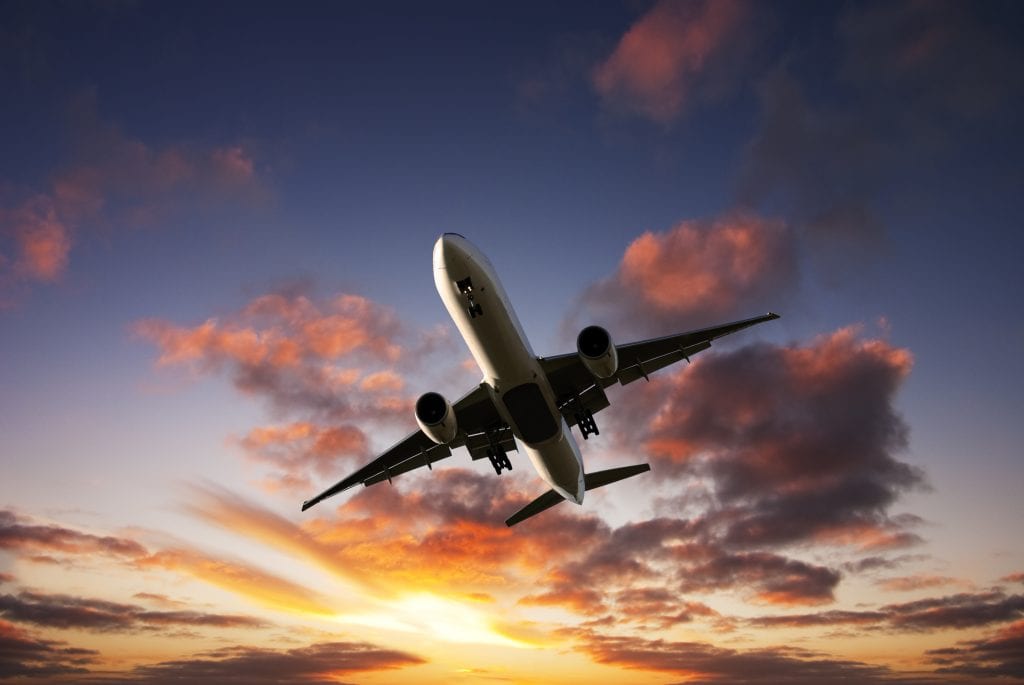
Faced with the rapidly spreading coronavirus (COVID-19), even intrepid travelers have stopped in their tracks. So what’s an adventurous alley cat to do? Following are some considerations and tips about how to make the most of your time at home and deal with the turmoil in the travel industry.
Silver Linings
First, chill out as much as possible. Keep up your spirits, and those of others, by touching base with family and friends through telephone, email or social media. Get regular exercise and keep physically fit. Consider taking advantage of free online exercise classes such as ones offered by Planet Fitness, Boho Beautiful and STRONG by Zumba. Get around to things you’ve been putting off: Learn how to prepare that green curry dish you enjoyed in Thailand. Finish books that are languishing on your nightstand. Or start work on a personal project—an essay, memoir, book or other creative pursuit.
Take advantage of online learning, too. During the crisis, many institutions, travel companies and networks are offering free content (museum tours, travel documentaries and the like) that will help you prepare for your next trip. (For example, the adventure travel company Wild Frontiers is sharing films on unusual destinations with subscribers to its weekly newsletters.)
In sum, identify your personal “silver linings” and tenaciously pursue them. When the pandemic is over, you’ll have a sense of accomplishment and be better prepared to explore the special destinations you have in mind.
Existing Travel Plans—Reschedule or Cancel?
If you’ve made a deposit or a final payment on a trip, check with your travel provider to see how the company is handling the situation. If an operator decides to cancel or postpone the trip, it will probably offer a refund or apply your payment to a future trip. This is the case, for example, with cruise lines, whose sailings have been terminated for the foreseeable future. Of course, each operator’s rules are different, and policies continue to evolve as governments crack down on cross-border travel. Be sure to check websites first, then call. (Wait times may be long, so ask for a call back.)
If your trip is several months to a year away and has not been cancelled by the operator, the best you can do now is “wait and see.” Perhaps the virus will have subsided and travel will be safe. Or the tour will be cancelled at no charge to you.
Airlines
Most airlines are waiving change fees—albeit with restrictions on how far ahead you can re-book travel. Each airline’s rules are different. Check your carrier’s website for coronavirus alerts, which are usually posted at the top of the home page. (Note that if an airline cancels your flight, you are entitled to a refund.) Read this recent article in Forbes that discusses the major airlines’ change and cancellation policies. And be sure to visit the website of Peter Greenberg, CBS News’s travel editor and host of the public television show The Travel Detective with Peter Greenberg. He has been online nearly every day with advice and answers to viewers’ questions about how to deal with their travel dilemmas. Here’s that link.

Current Insurance Implications
Let’s say you have already purchased travel insurance. Will you be covered for events related to the coronavirus? In an epidemic, everything depends on whether you bought the policy before or after the virus became a “known” or “foreseen event” (around January 21, 2020, depending on the insurer). The key is that travelers must have purchased the policy before the pandemic became a “known event” to be covered for coronavirus-related losses. Even so, if the words “epidemic/pandemic” are in a company’s list of exclusions, you might be out of luck. That said, we see many insurers honoring some claims relating to the virus (such as medical expenses and travel delays /interruptions from COVID-19) while denying others. Keep in mind that if you have travel insurance and your trip is canceled by a tour operator, you may be able to apply your travel insurance premium to a future trip.
Insuring Future Trips
For future travel, it’s best to call insurers directly to learn what they cover. You can also visit the pages of insurance brokers like Squaremouth and InsureMyTrip for quick guides to travel insurance and comparisons of insurers. (Right now, Squaremouth has an excellent online “guide to travel insurance for the coronoavirus” that includes a link to provider position statements on coverage. InsureMyTrip’s coronavirus page is in an easy-to-read FAQ format and has links to the World Health Organization, the U.S. Center for Disease Control & Prevention and the U.S. State Department.)
On the phone, be sure to ask each insurer what scenarios or situations related to a pandemic—such as medical costs, trip delays or interruptions—will not be covered. It’s also wise to review any scenarios that might be specific to you (sickness or death of a relative, a work-related crisis, etc.)
Additionally, be sure to check the State Department’s travel advisories. The current Level 4 Global “Do Not Travel” advisory might complicate insurance policies even more. In all cases, be sure to read the fine print.
Companies typically don’t consider fear of travel during an epidemic a reason to cancel. For total peace of mind, you must purchase a Cancel For Any Reason (CFAR) policy. (Not surprisingly, these policies are selling like hotcakes now.) A CFAR policy typically costs 40 to 60 percent more and requires you to make your payment within a specified number of days after your initial deposit (usually between seven to 21 days). You must insure the entire cost of your trip, including airfare. And if you cancel, you must do so two to three days before your departure date, depending on the insurer. No waiting until the last minute! Even then, these policies will insure you for less than the total trip cost. Most offer a 75 percent refund.
More Silver Linings
The travel industry will surely offer incentives to encourage people to travel again as the pandemic subsides. (In fact, airfares have already come down.) This means destinations on your bucket list will, at least for a while, become more affordable—and probably less crowded. (Consider that on our trip to India shortly after 9/11, we had the Taj Mahal all to ourselves.)
Larger, more profound silver linings may be forthcoming. There’s already evidence that the planet is becoming cleaner as more people work online; fewer autos crowd the roads; not as many boats pollute waterways; factories belch less pollutants; and fewer tourists trash popular destinations. Nature, as one environmentalist reminded us, can heal itself quickly. While many of these developments may be temporary, the long-term outcomes might well include greater respect for science (and scientists) and a stronger commitment at all levels of government to “green” policies.
Finally, it’s clear the virus cares nothing for superficial distinctions among nationalities, races, ethnic groups, tribes and political coalitions. It reminds us that we are all in this crisis together, that our separateness is an illusion, and that only by working together can we successfully address humanity’s challenges now and in the future.
Remember the words of Austro-German poet and novelist Rainer Maria Rilke:
Let everything happen to you,
Beauty and terror,
Just keep going,
No feeling is final.
In other words, this crisis, too, shall pass.
